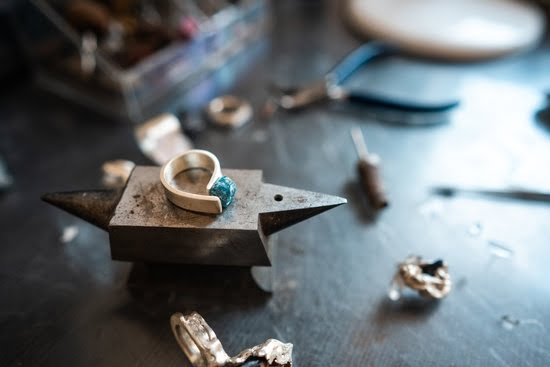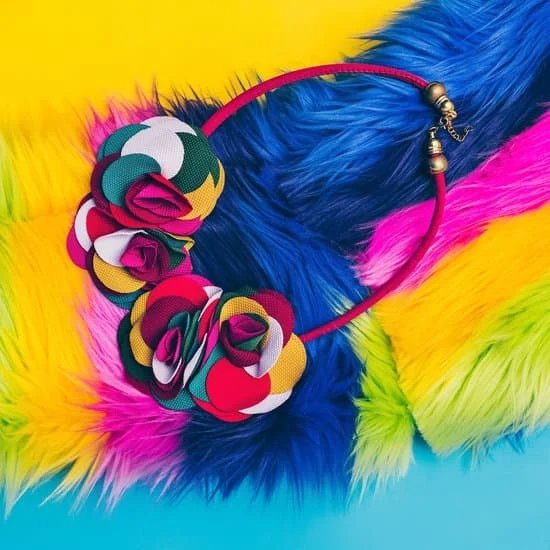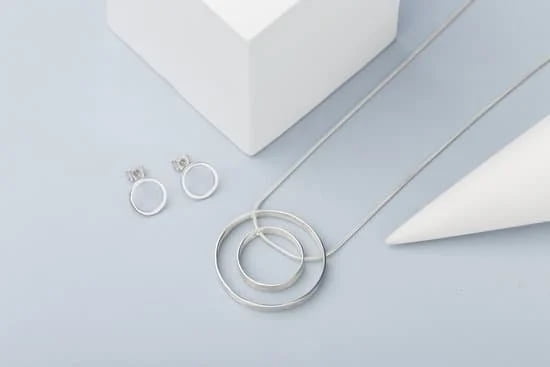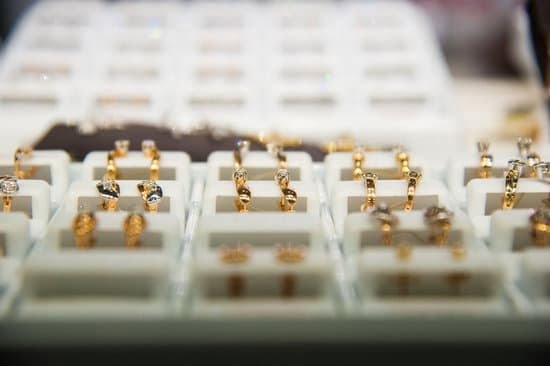Introduction
If you have to appear in court, it is important to dress appropriately. Not only will your clothing reflect your respect for the court, but it also may influence the judge’s opinion of you and how they perceive your case. So can you wear jewelry to court? While some courts may not have many rules regarding what type of jewelry is allowed, there are several factors that should be taken into consideration when deciding whether or not to accessorize with jewelry. This blog post will discuss the different types of jewelry that are acceptable for court and other guidelines you should keep in mind when choosing accessories. We will also give advice on how to make sure your chosen jewelry is appropriate and respectful. By considering these factors, you can help ensure that your appearance in court presents a respectable image.
Is Wearing Jewelry To Court Acceptable?
Generally, it is acceptable to wear jewelry when attending court. However, some courts may be more stringent with their rules on what constitutes appropriate attire. As a result, it is important to check with the court in advance as to whether there are any restrictions on the type of jewelry that can be worn. For example, many courts require visitors to take off belts and other metal items before entering the court room. Additionally, those appearing before a judge should avoid wearing anything that could be seen as expensive or distracting (such as jewellery for either gender). This includes rings, necklaces, earrings and watches – bracelets should always be taken off when appearing before a magistrate. Ultimately, wearing some pieces of jewelry such as wedding rings is allowed and inappropriate dress will not automatically lead to one being denied legal assistance while carrying out courtroom duties.
Factors To Consider When Considering Wearing Jewelry To Court
When considering whether to wear jewelry to court, it is important to know the relevant court rules and etiquette for wearing jewelry. Different courts have different policies regarding attire and jewelry – even within the same jurisdiction. Generally, there are four things to consider: type of jewelry, display of status or wealth, religious considerations, and abilities.
The type of jewelry should be appropriate for a formal litigation setting. Examples include a small pearl necklace, metal watch and earrings or pin. Additionally, rings such as wedding bands are usually allowed in courtrooms. Anything beyond this may require approval from the judge prior to entering the courtroom. It’s also important to remember that flashy or bold pieces could increase the risk of detracting attention away from what you are saying during your testimony.
Another factor to consider is displaying any signs of status or wealth; expensive pieces should typically be avoided when appearing in court as they can appear showy or naive and lessen the seriousness of the proceedings. Additionally, while it is generally acceptable to wear some religious symbols in court – such as a small cross necklace or Star of David – it’s important to note that explicitly political items that promote a certain agenda are generally not allowed nor encouraged when appearing in court.
Finally, one must consider their own abilities before deciding on wearing any jewelry to court—not all individuals may feel comfortable with accessorizing an outfit for such an occasion—and if so then it might be best forsake jewelry altogether in favor of traditional professional attire without any accessories at all
Appropriate Jewelry For Court
When attending court, it is important to take care to look and act in a dignified manner. Generally, jewelry should not distract from a person’s overall presentation in the courtroom. When deciding what jewelry to wear to court, it is important to choose pieces that are simple and understated. Big statement necklaces, rings, or bracelets should not be worn as court etiquette dictates that these items take away from the seriousness of the proceeding. Moreover, heavy jewelry may make distracting noises or be disruptive during periods of silence, so they should also be avoided.
Instead, opt for jewelry that is small and discreet like delicate necklaces or stud earrings. Thin silver or gold cuffs can help add an elegant touch without being too flashy. Other subtle touches such as watches or cufflinks may also be appropriate. Regardless of what item you choose to accessorize your attire with at court, make sure it does not draw attention away from your overall appearance of respect for the proceedings.
Jewelry To Avoid In Court
In general, it is not advisable to wear jewelry that is flashy, large or overly ostentatious when attending court due to its potentially disruptive influence on the impression you make. Additionally, any type of jewelry that could be seen as intimidating, threatens respect for the court or implies a political opinion should not be worn.
This includes items such as metal studded bracelets or necklaces with aggressive motifs or symbols, heavy chains and collars with large medallions with writing and symbols such as crowns and skulls, rings with sharp spikes and gemstones such as rubies. Anything that suggests aggression or disrespect for the court should be avoided at all costs.
Legal Items Allowed In Court
The general court policy is that all legal items are allowed in court, including jewelry. Whether or not you can wear it during a hearing will depend on the particular guidelines of the presiding judge and any local court rules. Generally, most judges prefer that those appearing in their court refrain from any form of adornment that could be distracting to other participants or deemed disrespectful to the court.
Therefore, if you are considering wearing jewelry while attending a hearing, be sure to check with the judge prior to your appearance in order to ensure that there are no specific restrictions in place. It may also be helpful to check with the local district attorney’s office for additional guidance and advice regarding what items are appropriate for showing at court hearings.
Additionally, you should take into account any cultural considerations that could come into play when deciding what kind of jewelry is appropriate for wearing to court. While some kinds of jewelry may be suitable and/or encouraged in one culture, they could potentially cause offense within another. Be mindful of these potential restrictions when selecting jewelry pieces intended to adorn your person while attending a hearing at an important legal proceeding.
Tips For Accessorizing To Court
It is important to keep your look professional and appropriate when attending court. This means, avoiding loud or distracting clothing and accessories. When accessorizing for the courtroom, it is recommended that you remove all jewelry except for a wedding band (if applicable). If you choose to wear additional jewelry, such as earrings or necklaces, it should be modest and made of solid metal such as gold or silver. Additionally, items that could distract the jurors such as brightly colored pieces should also be avoided. While it’s best to keep jewelry simple, other items like a tie-clip or pocket square can be added strategically and should match the color scheme of your outfit.
Conclusion
In conclusion, it is important to dress appropriately when attending court. While wearing subtle jewelry like a watch or single earring may be acceptable, large statement pieces and items that are too flashy should be avoided. It is wise to speak to the specific court or courthouse about their policies regarding attire before you attend the proceedings. Ultimately, when it comes to court appearance, professional clothing is always best.

Welcome to my jewelry blog! My name is Sarah and I am the owner of this blog.
I love making jewelry and sharing my creations with others.
So whether you’re someone who loves wearing jewelry yourself or simply enjoys learning about it, be sure to check out my blog for insightful posts on everything related to this exciting topic!





